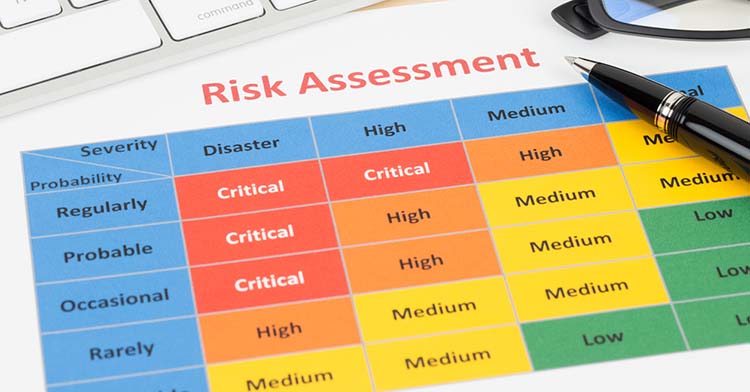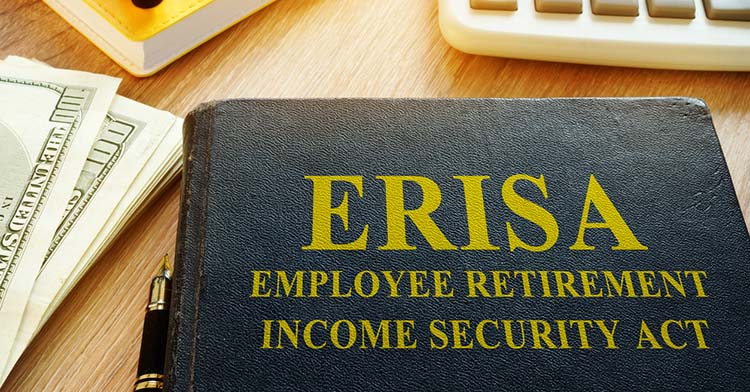Are Realized Gains Taxable?

What Is the Difference between Realized and Unrealized Gains? A realized gain is an investor's amount of gain when selling an asset. The amount is determined by subtracting the adjusted basis from the net sales price. For example, suppose the investor bought a property for $200,000 and spent $50,000 to improve it, then sold it for $350,000. If there were $30,000 in closing costs, the net sales price is $320,000 while the adjusted basis is $250,000, leaving a realized gain of $70,000. In contrast, an unrealized gain can be considered a paper gain. For example, suppose the investor buys a property for $400,000, and while they own it, the value rises to $750,000. The investor has a theoretical gain of $350,000, but the gain remains unrealized unless they sell the asset.
What Is the Difference between Systematic and Unsystematic Risk?

Managing your exposure to risk is an important aspect of investing. Every type of investment carries some degree of risk, and reducing your exposure to the factors that can negatively impact your investment capital could be the difference between red or black ink on your balance sheet.
Is a Charitable Remainder Trust Revocable?

Leaving a financial legacy can take on many different forms. Creating a charitable remainder trust to benefit your favorite foundation, museum, community group, university or nonprofit organization is an avenue to consider when deciding how to commemorate your financial achievements and cement a fiscal legacy.
What Is a 1031 Exchange Buyer?
.jpg?width=750&height=392&name=exchange-881542122%20(2).jpg)
Investing in real estate can be a boon to your investment portfolio, but we believe one should perform extensive analysis on any potential investments. If you're looking to purchase an investment property, there are many strategies you can use to complete this purchase, one of which is a 1031 Exchange. Here is some information on 1031 Exchange buyers and how to become one.
What is Financial Risk Analysis?

The risk of losing money is an inherent aspect of investing. The process of assessing and measuring risk to determine an investment’s potential viability, as well as coming up with ways to potentially mitigate certain risk factors, is called a financial risk analysis or financial risk assessment.
How Much Does a Revocable Living Trust Cost?

Determining how your valuable assets will be handled after you pass is a crucial aspect of estate planning. Many people place important assets such as real property, cash, brokerage and money market accounts, bonds, business interests and other important financial resources and possessions into living trusts while they are still alive so that they know exactly who will receive these assets upon their death. Revocable living trusts differ from other types of trusts because the grantor – the creator of the trust – can change, alter or void the provisions of the trust at any time.
Are Late Fees Considered Rental Income?

Owning a rental property comes with many different kinds of tax advantages and deductions that can be helpful at tax time.
What Is Tangible Personal Property?

If you can feel it and relocate it, then it meets the definition of tangible personal property. Tangible personal property is a term most often used for tax purposes. It describes a wide range of items used in the course of conducting business or for operating a rental property. Items that are considered tangible personal property can be depreciated over five or seven years using the straight-line depreciation method. However, these items also can be depreciated using the accelerated method if you desire.
What Is The Employee Retirement Income Security Act (ERISA)?

On Sept. 2, 1974 (Labor Day), President Gerald Ford signed the Employee Retirement Income Security Act of 1974 into law. Close to 50 years later, this federal legislation ensures that your voluntarily established defined benefits plan (pension) or defined contribution plan (IRA or 401(k)) is protected from abuses and lack of transparency.
What Is Reinvestment Risk?

Let’s say you’re an investor with a portfolio of bonds, and one of those bonds is nearing its maturity date. Thanks to the relatively high interest rate attached to that bond when you first invested in it, you’re looking forward to reinvesting in the same bond at the same class.


